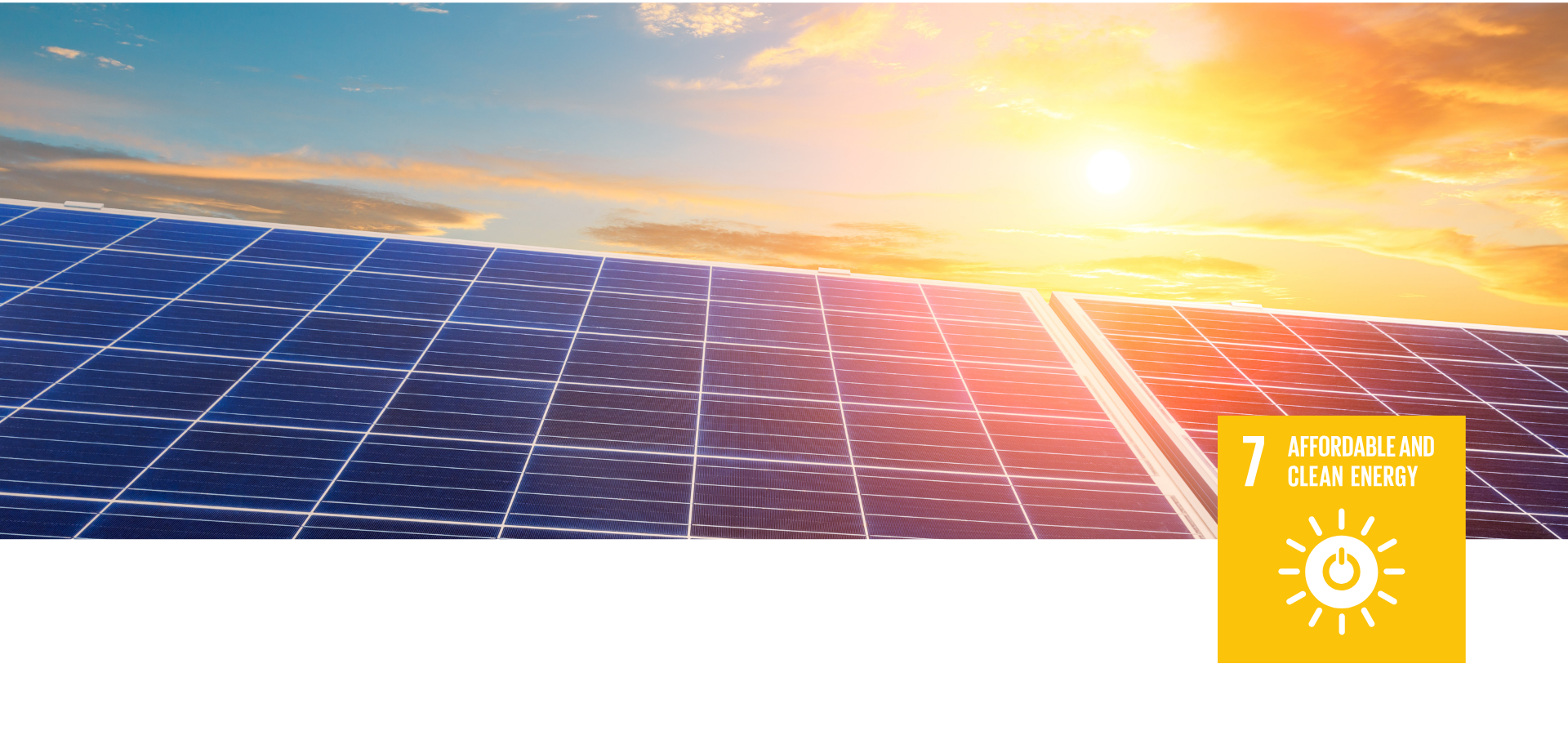
SDG 7: Affordable and Clean Energy
HKUST seeks to be a regional leader in prioritizing clean energy sources, promoting energy efficiency, and expanding renewable energy infrastructure. We aim to be a global leader in energy research and development, influencing policies and strategies while setting an example for sustainable development in Hong Kong and beyond. Through our campus operations and community engagement initiatives, HKUST plays an active role in renewable energy adoption and carbon emissions reduction.
Curriculum
48 related courses were offered in the 2021-22 academic year.
Research
From 2018 to 2022, HKUST published 1476 research papers related to of affordable and clean energy solutions.
A research team with our Department of Mechanical & Aerospace Engineering and Department of Chemistry developed a new electrode design that makes it possible to recharge alkaline zinc batteries. This is one of the most common types of non-rechargeable batteries used in our daily lives and can accelerate the move away from fossil fuels.
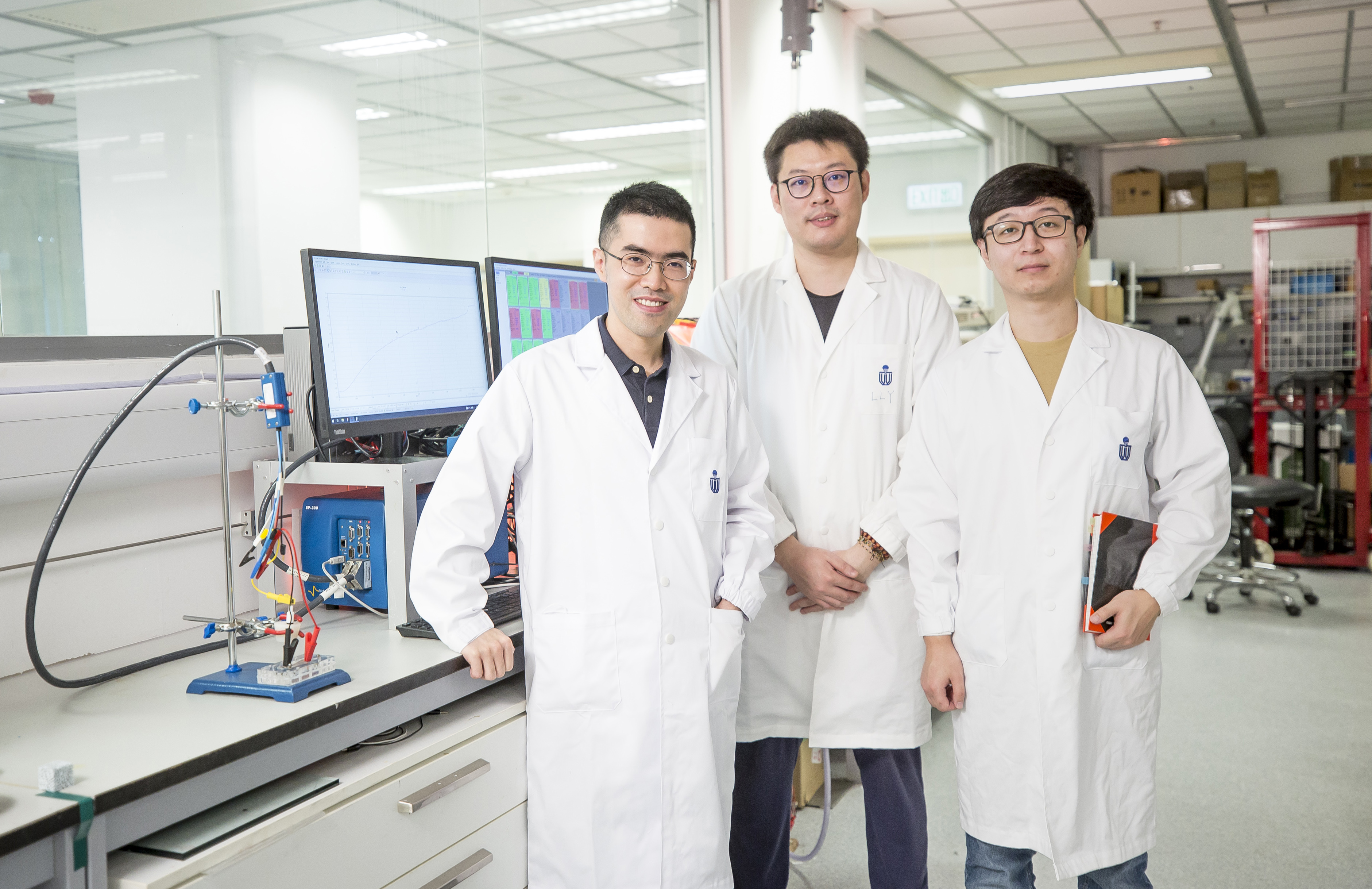
July 2022: Researchers develop nanoporous zinc electrodes that make primary alkaline zinc batteries rechargeable.
HKUST Energy Institute
The HKUST Energy Institute engages in transformative energy research, developing high-impact solutions, organizing educational programs, and influencing energy strategies and policies in Hong Kong. The institute hosted the Energy Institute Technology Showcase 2022 to bring together scholars, investors, entrepreneurs, and government leaders to demonstrate commercializable new technologies andpromote affordable and clean energy practices.
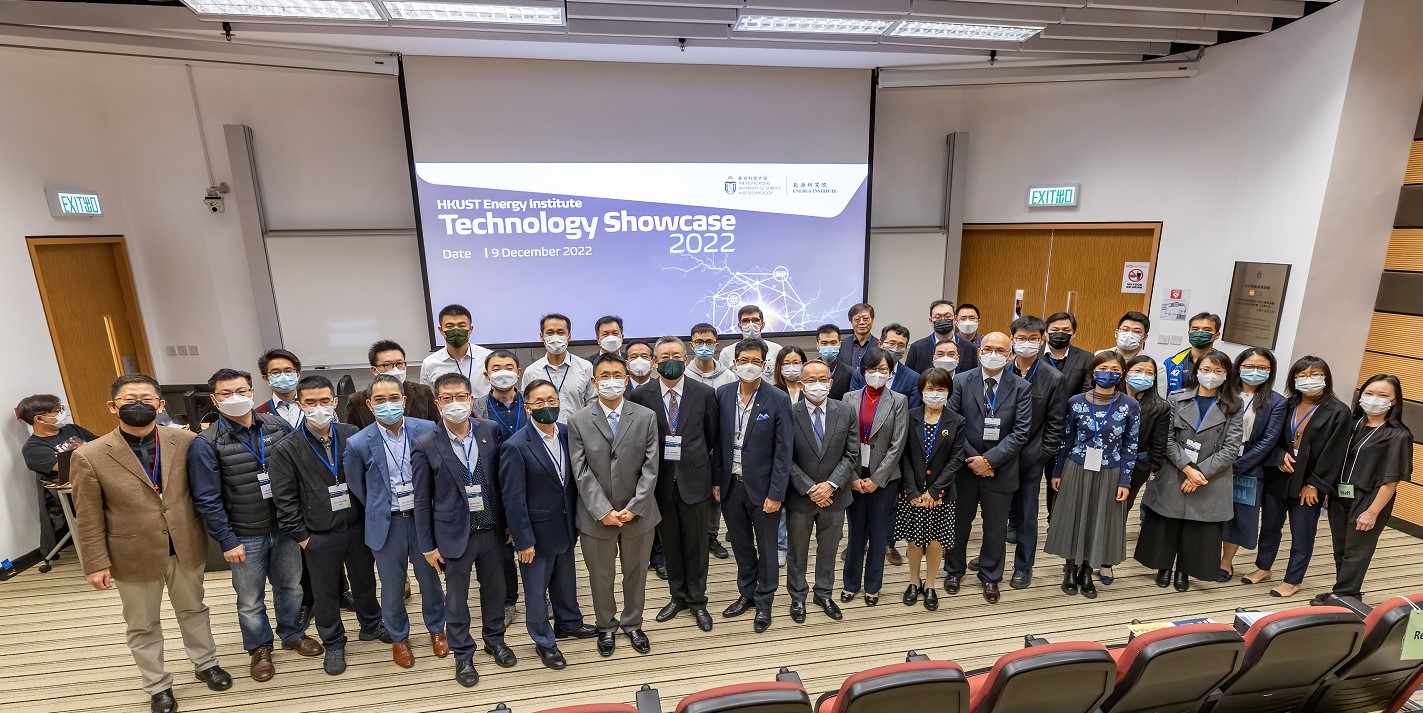
December 2022: HKUST Energy Institute Technology Showcase 2022
HKUST Institute for the Environment
Institute for the Environment (IENV) is an interdisciplinary research institute that addresses the serious environmental problems that our world is facing, such as climate change, pollution, biodiversity loss, and resource scarcity.
In April 2022 we launched Shaping a Sustainable Northern Metropolis portal to showcase our projects related to the Northern Metropolis plan, such as the restructuring of government to meet the challenge of achieving sustainable development and carbon neutrality.
2028 Sustainability Challenge
As part of the HKUST 2028 Sustainability Challenge, we have developedstrategies and tactics to reduce our campus GHG emissions by 40% by 2028, against our 2014 baseline.
Our High Performance Building Standards and Guidelines highlighted our priority on sustainability and energy efficiency for major upgrades of existing buildings and new buildings, while the Sustainable Office Standards and Guidelines encourage energy-efficient practices, waste reduction, sustainable sourcing of materials, and eco-friendly communications for renovations.
To align with our energy reduction goal, our Campus Management Office (CMO) continuously implements energy conservation measures for our existing buildings and facilities, such extensively installing wireless energy meters, building heat maps for monitoring indoor temperature and humidity, and recommissioning our virtual stack fan.
Net-Zero Carbon Investment Strategy
HKUST is the first University in Hong Kong to implement an Environmental, Social, and Governance (ESG) Policy to prioritize integrating ESG considerations into investment decisions. We believe in the importance of aligning our investment philosophy with sustainable development goals, which means gradually removing fossil fuel investments and allocating 5% of our investment to climate solutions.
Hong Kong’s Largest-Scale Solar Power System
In 2020, HKUST demonstrated our commitment to sustainability by launching the largest-scale solar power system in Hong Kong. The installation of up to 8,000 solar panels at over 50 locations on campus can generate up to 3 million units of electricity annually, reducing 1.5 million kg of carbon emissions per year over a 25-year period.
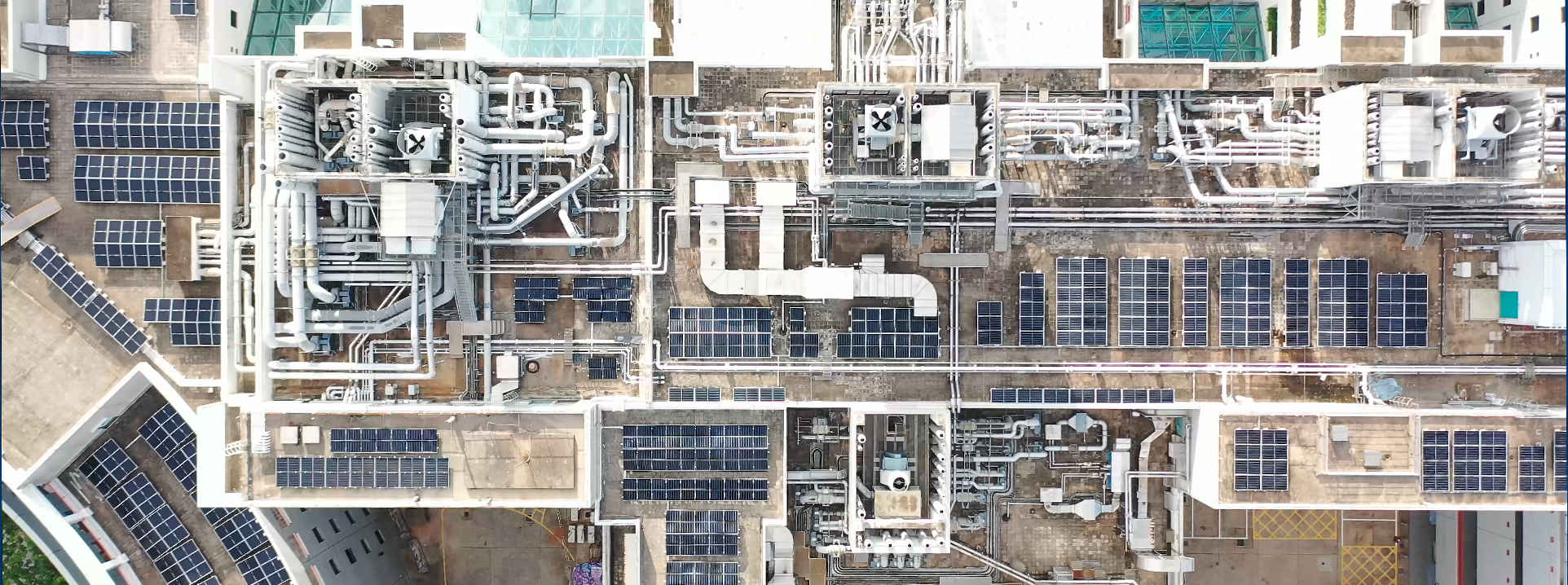
The installation of up to 8,000 solar panels at over 50 locations on campus
Sustainable Smart Campus as a Living Lab
The Smart Building Integrated Photovoltaic Systems Toward Zero Energy HKUST Campuses project explores solar energy harvesting on opaque facade areas and implements advanced clean energy systems like tailored colored facade integrated photovoltaic (FIPV) on campus buildings. Passive cooling techniques, such as radiative cooling and self-cleaning coatings, are also incorporated to enhance energy efficiency.
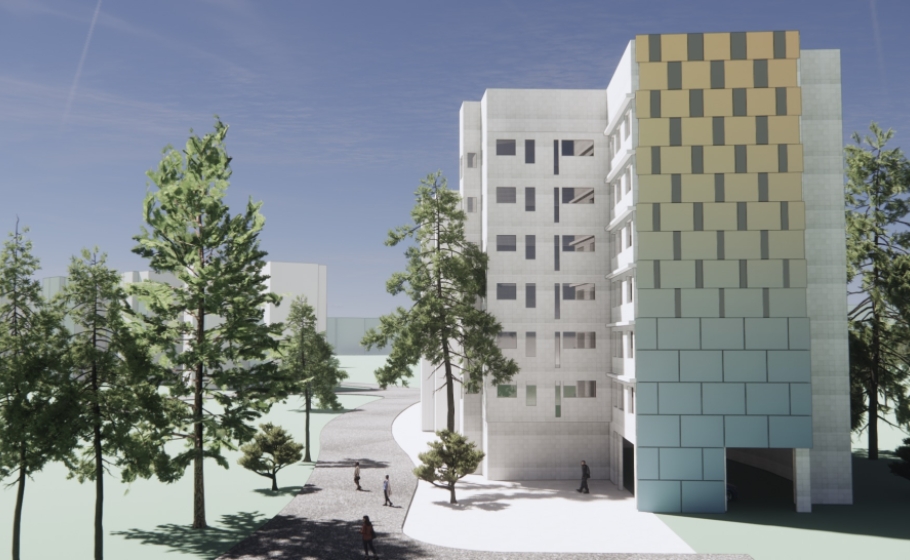
Smart Building Integrated Photovoltaic Systems Toward Zero Energy HKUST Campuses
A Smart Cooling Strategy for Photovoltaic Solar Cells via A Sustainable Coating project aims to improve the efficiency of commercial PV panels by 2-5% and reduce their operating temperature by 10-15°C using a sustainable coating.
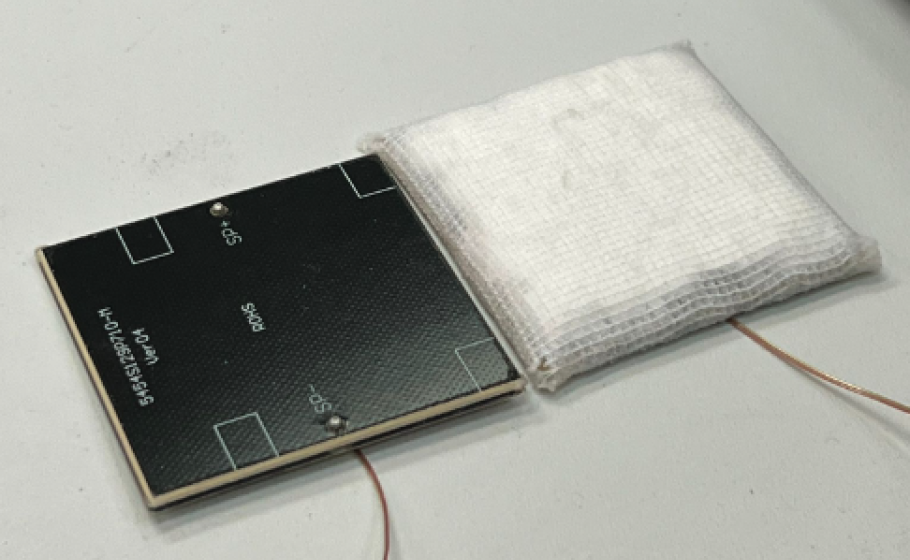
A Smart Cooling Strategy for Photovoltaic Solar Cells via A Sustainable Coating